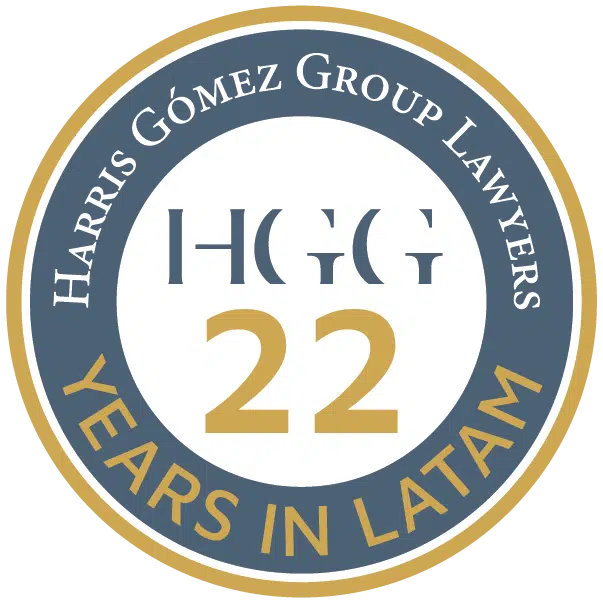Free Trade Zones (“FTZ”) are geographical areas delimited within the national territory, where industrial activities of assets and services or commercial activities are carried out, under special tax, customs, and foreign trade regulations. Free trade zones are crucial for fostering economic growth and international trade. These designated areas, often exempt from certain customs duties and regulations, encourage businesses to invest and expand their operations. By reducing trade barriers, they stimulate foreign direct investment, create jobs, and promote the transfer of technology and expertise. Free trade zones also facilitate the efficient movement of goods, making it easier for companies to access global markets. Overall, they play a vital role in boosting economic activity, spurring innovation, and enhancing competitiveness on a global scale. In today’s post we will give an overview of FTZs, their benefits, and where they are located in Chile.
What is the purpose of Free Trade Zones?
FTZs have a variety of applicable regulations in Chile, with the underlying assumption that customs are treated extraterritoriality. The result of this is that assets falling under FTZs are considered as if they were outside the country, exempting them from the payment of duties, taxes and other charges levied by customs. The main objective is to facilitate foreign trade by way of imports, decreasing prices of foreign products, and to stimulate economic activity in the geographical regions where the FTZs are located.
These tax incentives have been created with the intention of promoting economic development in areas or regions that are far away from the country’s capital of Santiago which is also the main commercial centre. With this in mind, they are generally located in geographical areas that are difficult to access either due to geographical features, climate factors, or other aspects.
What are the benefits of Free Trade Zones?
Eligible companies operating within an FTZ in Chile are exempt from corporate income tax, first sale VAT, and customs duties for as long as the respective goods remain in the FTZ. Likewise, companies can also benefit from a tax credit created for partners and shareholders. This amounts to 50% against the Global Complementary Tax or the Additional Tax.
Goods manufactured and/or warehoused in a FTZ can be re-exported to other countries without restrictions or sent to other FTZ in the country. They can also be entered for consumption into the Chilean market, at which point regular customs import procedures are triggered, meaning the payment of duties, VAT and other taxes applicable to specific goods such as luxury items, alcohol or tobacco will apply.
Goods can also be sold in the FTZ “Extension Zones”, i.e. city or region immediately adjacent to the FTZ. In that scenario, goods will be exempted of regular duties and VAT, but should pay an import tax of 0.52% (calculated on CIF value).
Certain economic sectors, such as fishing and financial services are not eligible for FTZ concessions. While these companies are allowed to operate in the FTZ area, they are subject to the general tax regime.
In addition, residents can also buy new or used assets in the FTZ without paying taxes and import duties, but only a special levy of 0.46% on the CIF value. Research and development investment is incentivised through the application of a tax credit in favour of First Category taxpayers. This is equivalent to 35% of the total cash payments made under R&D contracts duly certified by CORFO.
Where are Chile’s Free Trade Zones?
There are currently FTZs located in the areas of Iquique and Arica (northern Chile) and Punta Arenas (extreme south). Iquique’s FTZ in particular has become an important centre of trade for foreign countries in the region such as Argentina, Brazil, Paraguay, Peru and Bolivia. Its strategic location allows the FTZ to be the entrance and exit for products that make trade between the Mercosur, Latin America, and Asia. In turn, the city of Iquique itself has become an important centre for business and distribution of national and foreign merchandise, with international recognition, a privileged geographical position, and expedited connection channels with access to multiple buying markets.
Conclusion
Chile has established a network of free trade zones that serve as key drivers of economic development and international trade within the country. These zones, strategically located throughout Chile, offer various incentives such as tax benefits, simplified customs procedures, and regulatory flexibility to attract foreign investment and promote export-oriented industries. Chile’s free trade zones have been instrumental in expanding the nation’s export base, attracting foreign direct investment, and fostering the growth of industries such as manufacturing, technology, and services. They have played a crucial role in positioning Chile as one of Latin America’s most open and competitive economies, contributing significantly to the country’s economic prosperity and global trade integration. If you are interested in how you can leverage Chile’s FTZs as part of your overall strategy in Latin America, get in touch with our experienced team today.






